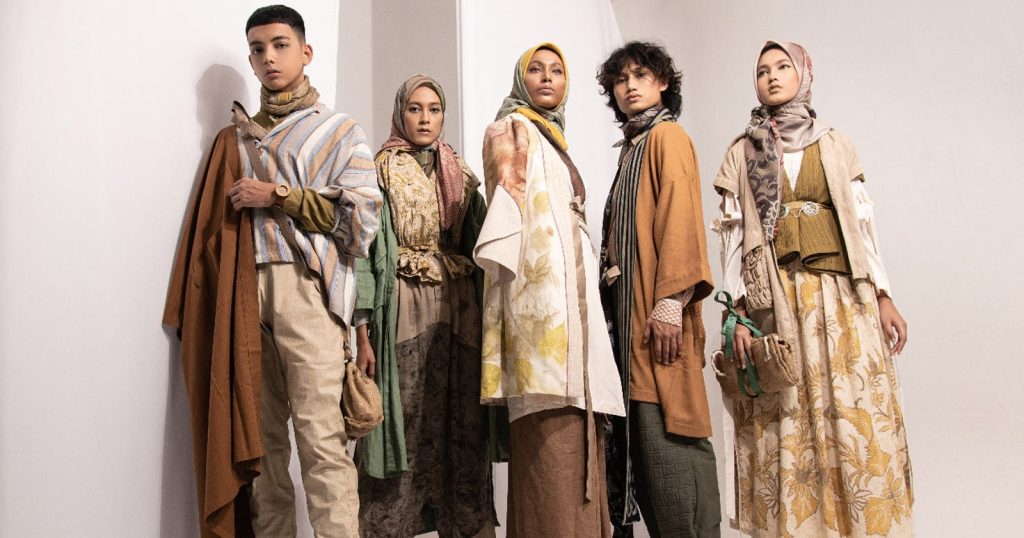Sustainable fashion is a growing movement that aims to minimize the negative environmental and social impact of the fashion industry. It involves producing clothing in a way that is ethical, fair, and environmentally friendly.
The Environmental Impact of Fast Fashion
The fast fashion industry, characterized by rapid production and consumption cycles, has significant environmental consequences:
- Resource Depletion: The production of clothing requires vast amounts of water, energy, and raw materials, contributing to resource depletion.
- Water Pollution: Textile dyeing and finishing processes release harmful chemicals into water bodies, polluting ecosystems.
- Waste Generation: The excessive production and disposal of clothing lead to significant waste in landfills.
- Carbon Emissions: The fashion industry is a major contributor to greenhouse gas emissions, contributing to climate change.
The Social Impact of Fast Fashion
In addition to environmental concerns, fast fashion has significant social implications:
- Poor Working Conditions: Many garment workers in developing countries face poor working conditions, low wages, and long hours.
- Unfair Labor Practices: Ethical issues such as child labor and forced labor persist in certain parts of the fashion industry.
The Principles of Sustainable Fashion
Sustainable fashion adheres to the following principles:
- Eco-Friendly Materials: Using sustainable materials like organic cotton, recycled polyester, and natural fibers reduces the environmental impact of clothing production.
- Ethical Production: Ensuring fair labor practices, safe working conditions, and fair wages for garment workers.
- Minimal Waste: Adopting sustainable production techniques to minimize waste and energy consumption.
- Transparency: Promoting transparency in the supply chain to ensure ethical and sustainable practices.
- Durability and Longevity: Designing clothing that is durable and long-lasting to reduce the need for frequent replacements.
How to Practice Sustainable Fashion
As consumers, we can make a significant impact by adopting sustainable fashion practices:
- Buy Less, Choose Wisely: Instead of impulsive purchases, invest in high-quality, timeless pieces that will last longer.
- Opt for Sustainable Brands: Support brands that prioritize sustainability and transparency in their production processes.
- Secondhand Shopping: Explore thrift stores, consignment shops, and online marketplaces for pre-loved clothing.
- Repair and Mend: Extend the life of your clothes by repairing minor damages and alterations.
- Rent or Borrow: Consider renting formal wear or borrowing clothes from friends and family to reduce consumption.
- Ethical Consumerism: Educate yourself about the environmental and social impact of fashion and make informed choices.
The Future of Sustainable Fashion
The future of sustainable fashion is promising, with increasing consumer awareness and demand for ethical and eco-friendly clothing. As more brands embrace sustainable practices and innovative technologies emerge, we can expect to see a more sustainable fashion industry.
By understanding the principles of sustainable fashion and making conscious choices, we can contribute to a more sustainable future.

